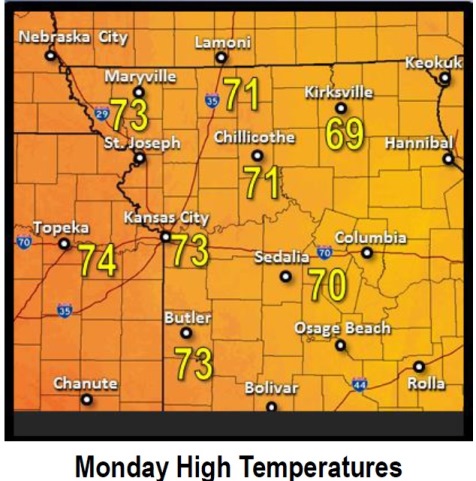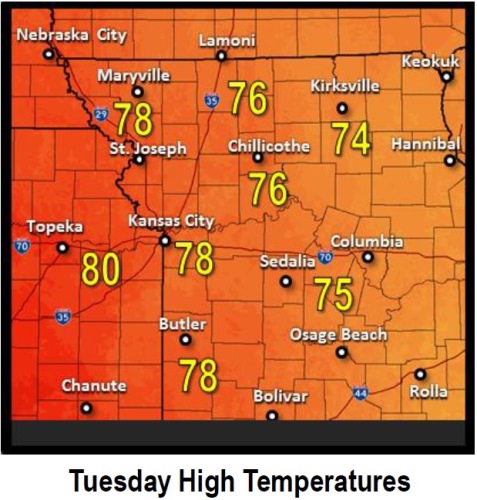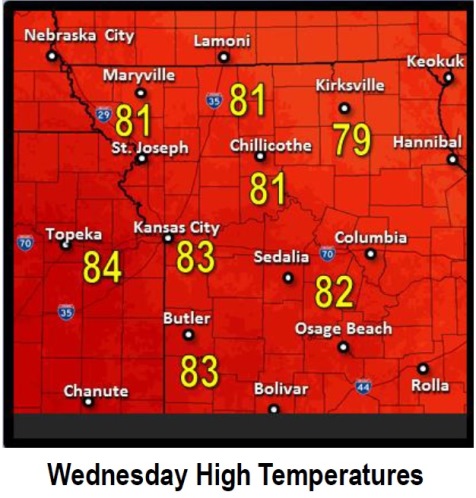In a sort of back-and-forth exchange between the governor and the Kansas City, Kan., school district, spokesmen for both were disputing school finance figures in statements released this weekend.
The latest is from the Kansas City, Kan., Public Schools, which issued a statement on Sunday in response to Gov. Sam Brownback’s spokesman’s statements to the press that the local school district is receiving more funding than last year through the block grants.
A spokesman for the KCK district stated in a news release that it was “disappointing” that the governor’s spokesman “would issue a press release that contains erroneous and irrelevant information, in an attempt to mislead the public concerning the reality of public school funding in Kansas City, Kansas. While the release talks about ‘…how money gets to our schools…’ it presents funding amounts that are completely unrelated to money that could actually be used to fund activities in schools in Kansas City. The obvious implication is that the two are connected, and they are not,” the school district stated in a response.
The school district’s statement continued:
“First, the release makes an error in logic, in describing the 2014/15 school year as ‘the first year of the block grant.’ Funding for the 2014/15 school year was finalized in May, 2014. The Block Grant legislation was signed by Governor Brownback in March 2015, a full 10 months after funding decisions for 2014/15 were made. By describing 2014/15 as the first year of the Block Grants, [the governor’s spokesman] is attempting to give the Block Grants credit for decisions that were made 10 months before the Block Grants became law. This amounts to $12.9 million that [the governor’s spokesman] is erroneously giving the block grants credit for.
“Next, the release conflates state funding to districts with money available to the district to educate children, as if those two are the same thing. They are not. In May 2014, the Kansas legislature put additional money (see the paragraph above) into the school finance formula, in response to the Gannon v. State of Kansas school funding lawsuit, in which the court found that the state was not providing equitable funding for public schools in Kansas. The state was required to reinstate funding to poor school districts that it was legally obligated to provide, but had not been providing for several years. (To make up for the state’s lack of funding, local districts were forced to levy additional taxes on their taxpayers. All of the additional funding from the state that came to KCK was returned to the taxpayers, as was required by state law. Thus, there was no additional money available for schools because of those increases.)
“Next, the release implies that an additional $3.75 million per year (or $7.5 million over the life of the Block Grants) that the state is spending on the Kansas Public Employees Retirement System (KPERS) is money that the district can spend on schools. In fact, this is not money that is available to the district to spend. It is temporarily (a matter of minutes) routed through district accounts, so that the state can claim that it is state funding to the district, but it is not available for the district to spend, so it can hardly be considered an increase. (It is also important to understand that the money is being added now because the state had not been meeting its obligation to fund the pension system for public employees in previous years. [The governor’s spokesman] is attempting to give the state credit for meeting an obligation it has had on the books for years, and which it has unfairly forced local taxpayers to carry.)
“Those two errors in the release from the Governor’s office add up to $20.4 million, and when you add to this the .4 percent reduction to current funding that the Blocks grants take from districts to fund an ‘Extraordinary Needs’ fund, the $2 million loss that is referred to in the release is accurate and correct.
“What is not mentioned in the release is that the Block Grants do not provide any additional funding for increases in costs, such as insurance, utilities, etc., or even more significantly, for increases in student population. KCKPS has average an increase of 500 students each year for the past five years. KCKPS will not receive any additional funds to serve those students, which would be an additional loss of over $4 million over the life of the Block Grants.
“Dale Dennis, Deputy Superintendent of the Kansas Department of Education, told the three-judge panel in the Shawnee District Court on May 8, 2015, under oath, that ‘…no district in Kansas is receiving an increase in funding because of the block grants.’ That is the truth about education funding in Kansas.”




